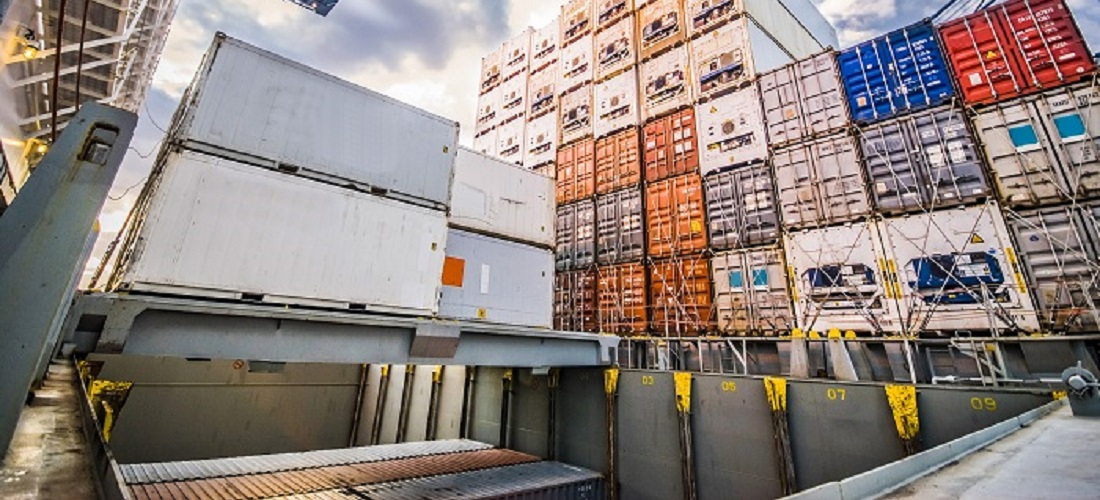
ANTAQ study indicates that THC prices for refrigerated containers in Brazilian ports are lower than at international ports
Nov, 14, 2019 Posted by Sylvia SchandertWeek 201947
The study, developed by the Superintendency of Performance, Development, and Sustainability (SDS, of the National Agency for Water Transport) indicated that the average THC value for refrigerated containers, both 20-feet and 40-feet, released by four major sea carriers – CMA-CGM, ONE, Hapag-Lloyd, and Hamburg Süd – for the main Brazilian container handling ports, is significantly below the values reported for all other ports in the world surveyed.
The values for Santos’ THC as the port of origin of the port operation ranged from US$207 to US$266 per container, depending on the sea carrier.
Originating from the port of Buenos Aires, these values ranged from US$265 to US$320 per container. The port of Rotterdam ranged from US$336 to US$347. The port of Hamburg from US$286 to US$396. Meanwhile, cargo from the port of Hong Kong ranged from US$299 to US$473 per container.
This behavior is probably due to the negotiations between the major players exporting Brazilian refrigerated products and the shipping companies. According to data from the Brazilian Beef Exporters Association (Abiec), in 2018 Brazil exported 1.64m tons of beef, consolidating its position as the world’s leading exporter of protein.
In the ANTAQ study, data from the 40 main international ports involved in Brazilian foreign trade were analyzed, which in 2018 represented 80% of port handling, either on importation or exportation.
The Brazilian ports/port complexes considered were: Santos (SP), Itajaí-Portonave (SC), Paranaguá-Antonina (PR), Rio Grande (RS), Itapoá-São Francisco do Sul (SC), Manaus (AM), Suape -Recife (PE), and Pecém-Fortaleza (CE), which together accounted for 85% of container handling in the country in 2018.
The Terminal Handling Charge (THC) is the price charged for cargo handling services between the port terminal gate and the vessel’s side, including the transitory custody of cargo for the term contracted between sea carrier, or its representative, and port facility or port operator, in case of export, or between the vessel’s side and its placement in the port terminal stack in case of importation.
The full version of the study will be available soon on the ANTAQ website.
-
Ports and Terminals
Feb, 04, 2020
0
Pecém Port receives three giant transformers weighing 106 tons each
-
Grains
Jun, 01, 2022
0
Brazil wants to increase the volume of imported corn from Paraguay to deal with price hikes
-
Ores
Jul, 16, 2024
0
Chilean lithium to be eligible for U.S. tax break
-
Automotive
Jan, 15, 2025
0
Brazil Becomes a Dumping Ground for Chinese Cars, Says Anfavea President

